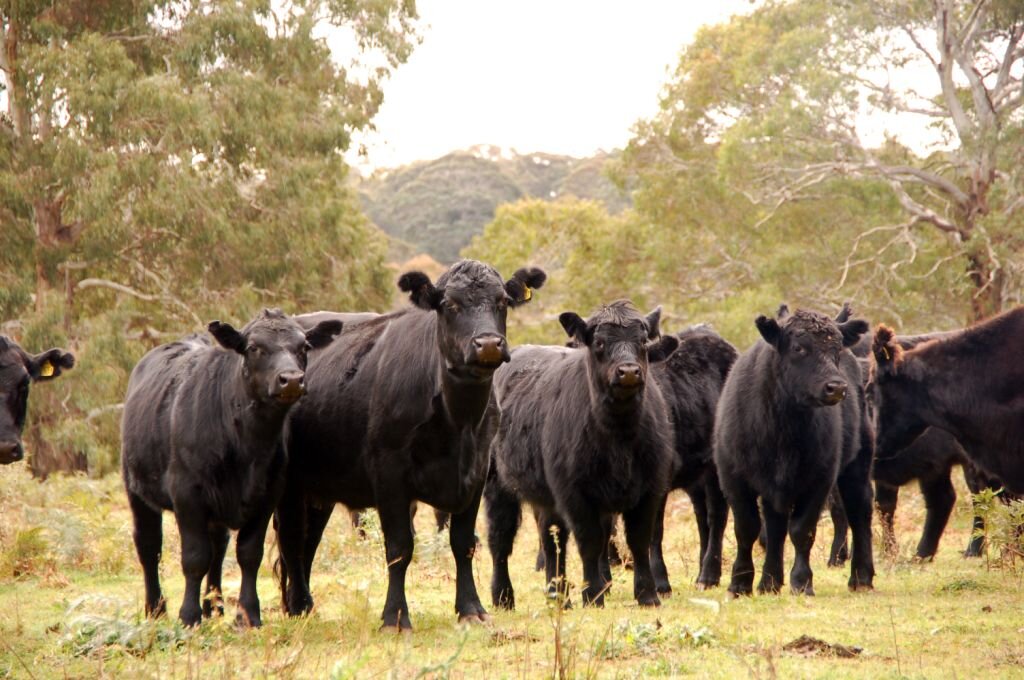In the last few weeks I have been catching up on industry research and some reports on financial performance of beef and red meat producers. One of the interesting things I’ve come across has been the commonality among successful producers. It doesn’t matter where producers are located, it seems the mindset of the most successful producers is very similar.
The top 25% of producers focus on 5 key things
In a nutshell the five common traits successful producers all share are:
· The willingness to think independently and differently
· They approach their farm as a business and operate with a businesslike approach
· They have a plan and stick to it
· They actively seek new information, rationally assess it, and apply elements of benefit to their business
Most importantly, they get the simple things right!
When you stop and think about these points, they seem pretty straightforward. However, nothing is ever that straightforward. I have met many producers who tend to focus on plans and other traits but overlook the simple things that combine to make a business productive and ultimately more profitable.
“Most importantly, they get the simple things right”
In a similar line of thinking, I recently saw an article from the US which was called “Beware the few extra cents”. The article looked at the practice may producers fall into of using additional inputs to their production system to address perceived problems. These range from feed additives to other products.
One of the concerns is that when you start purchasing these additions, even if it is only a few cents a day per head, those cents quickly mount up. More significantly, by just buying a product to deal with a problem, the real cause is left unchecked and can gradually become an even greater issue.
Sometimes we just have to accept that there is no quick fix or silver bullet to problems! Often these problems fall into the overlooked basket and tend to be themselves the result of not getting the simple things right.
Focussing on simple things is essential t be profitable
When I looked at some results for southern production system one thing stood out for me. The more successful farmers had a very close control on their variable costs. Variable costs are those directly related to an enterprise. These are things like feed costs; health treatments and those other costs such as selling or transport.
Its very interesting to note this level of “cost management”. Rather than adding in extra costs – the few cents a day, more profitable producers seek to find ways to fix address problems through their management strategies. This can take a bit longer and for some people it may mean doing something differently to tradition. But if it works it can lead to substantial enterprise savings.
Our challenge is to look at what we are doing and see if we actually are getting the basics in our programs right. So, this means critically thinking about the processes we have, the data we capture and the plans we set. Often this is a harder challenge to do, especially being objective about a particular management style.
“A gross margin helps you look critically in black and white”
One strategy I often use, is to sit down and start with a basic Gross Margin analysis of a system. Gross Margins work to separate the income and expenditure associated with a single enterprise. So it takes away the noise of the overall business costs – the fixed costs.
It gives you a chance to see what income is actually being derived from the enterprise. How much came in from all the sales. And then what were the costs. How much was actually spent on inputs for health, sales, transport, feed or those other costs for the program.
When you see that in black and white you get the opportunity to critically check what is going on. Are those inputs needed? Or can you achieve better production through improved management of pastures; changing turn off times or being more focussed on fertility to have more calves on the ground?
At every point ask yourself, are you getting the simple things right? Are you focussing on those things you can control? If you know the answers you can work on becoming a more profitable and productive producer. If you’re not sure where to start, you will probably see the cost of getting some external advice is actually cheaper than a few cents a day that wont fix the long term problems.



